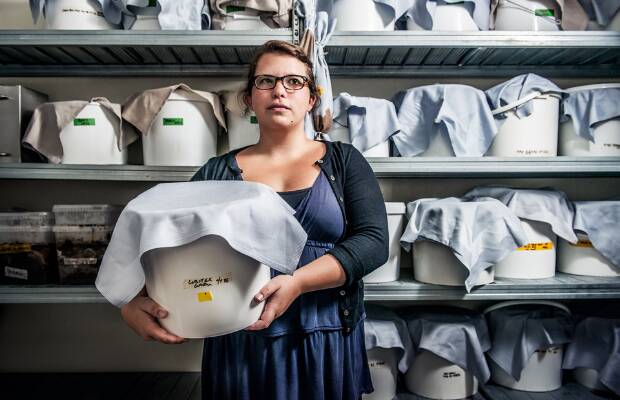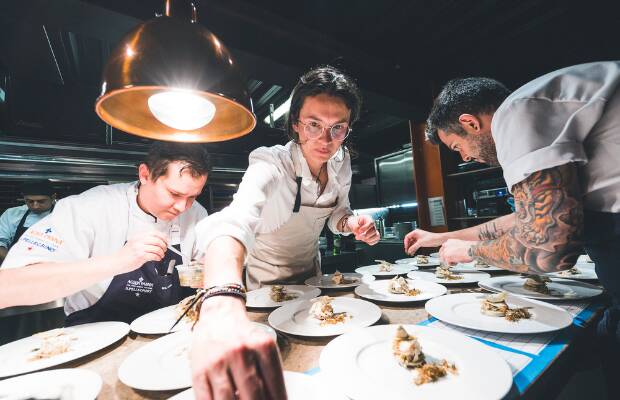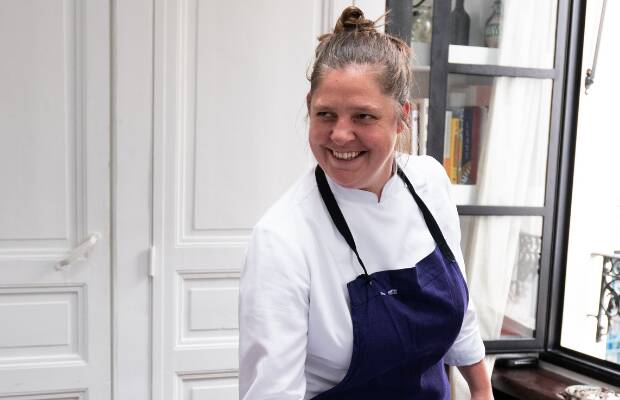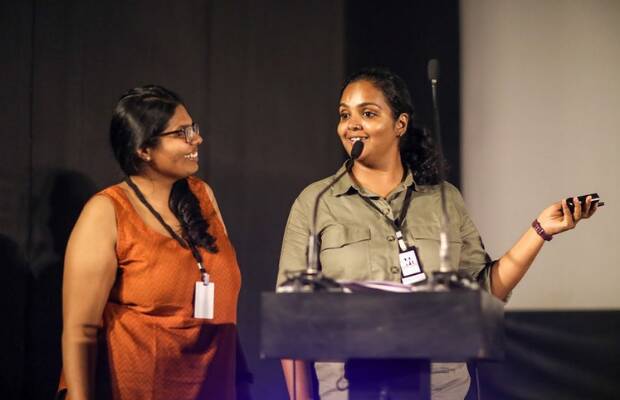29 / Kuala Lumpur, Malaysia
The charismatic communicator enriching our knowledge of Asian cuisines
A food writer, podcaster and cook, Yi Jun Loh is dedicated to sharing Asian food stories with the world through his podcast Take a Bao, his blog Jun and Tonic, and articles for publications such as Saveur and Taste. With a particular focus on South East Asia, he speaks to chefs, farmers, food writers and anthropologists to explore his own curiosity while educating the world on the history and culture of Asian cuisine in a fun and engaging way, whether looking at the origins of stinky durian fruit or examining the disappearance of the Malaysian coffee houses known as kopitiams. A talented podcaster and journalist with a unique skill set, Yi Jun uses his experience in the US and Europe to create a better understanding of the intricacies of Asian cuisine for an international audience in a way that has seldom been achieved before.
Yi Jun is more than qualified to talk about food. Having studied chemical engineering at Cambridge University in the UK, he then trained at Le Cordon Bleu in Paris before staging at Blue Hill at Stone Barns in New York state, where he learned from 50 Best chef Dan Barber, then working at a produce-driven restaurant in his hometown of Kuala Lumpur. After learning the ins and outs of the hospitality industry, he applied his knowledge to food media, developing his own mission to address the lack of representation and food voices in the South East Asian food space, particularly Malaysia. He began a podcast in a sphere dominated by American and European voices and simultaneously developed Jun and Tonic, publishing cross-cultural recipes such as kimchi carbonara and miso mushroom pasta. A progressive mind with a foot in several cultures, Yi Jun manages to translate culinary traditions in a way that is progressive, relatable and accessible to a young international audience, thus fostering a better understanding of Asian cuisine for the world.
“I see food as not only a tool for activism; it also possesses powerful potential to influence culture, politics, inter-cultural dynamics and more, from the level of the individual to communities, societies and countries.” – Yi Jun Loh















